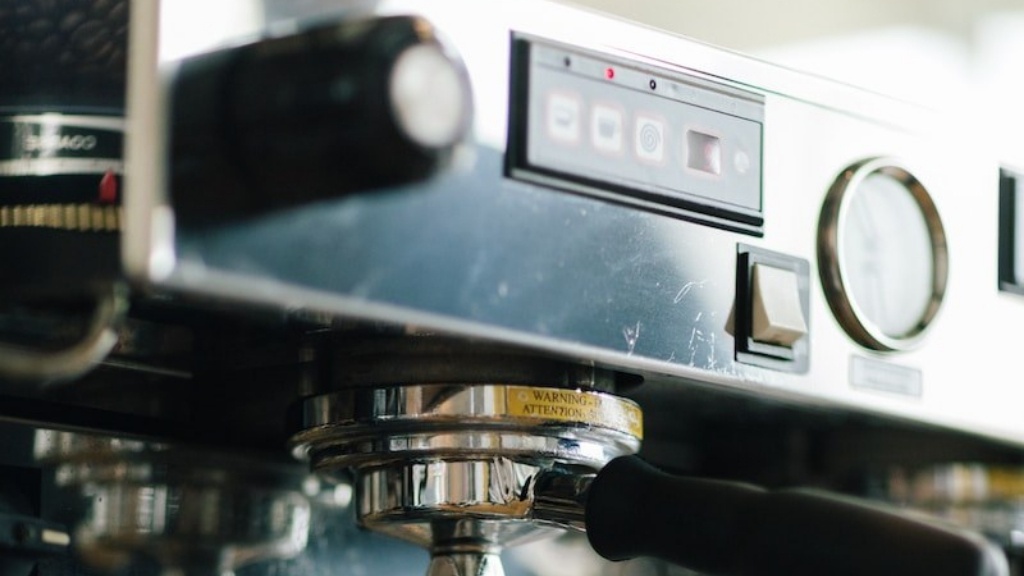Overview
Donating plasma is a noble act that improves the wellbeing of many. It is a crucial step to help balance blood supply and the therapeutic products that result from plasma. It is important to donate correctly, and this includes knowing what to drink before and after donation. Coffee is a popular beverage, especially in the morning, so can you drink it before donating plasma?
Consumption Before Donation
It is best to limit caffeine intake before donating plasma. Caffeine can sometimes make it difficult to determine a donor’s blood pressure, temperature, and heart rate. It is important to know these readings to ensure a donor’s safety and health. The caffeine in coffee can cause fluctuations in these key readings and therefore the staff at the donation center may ask the donor to avoid or limit coffee for two to three hours prior to their donation. It is also important to note that some caffeinated drinks such as energy drinks or canned 5-hour energies that contain a lot of caffeine may be prohibited from consumption before donation. Therefore, depending on the donation center, it is best to ask what is allowed beforehand.
Consumption After Donation
After donating plasma, it is important to rest and replenish lost fluids and electrolytes with healthy snacks and beverages. Drinking water is a key part of this replenishment, and although coffee is a source of fluids, it is not ideal and can actually have a diuretic effect that can lead to further dehydration. Additionally, the caffeine and other compounds in coffee can interfere with the body’s natural way of absorbing essential minerals and nutrients. Therefore, it is preferrable to abstain from all caffeinated drinks, including coffee, for a few hours after donation and instead opt for hydrating drinks like water, electrolyte drinks, or healthy smoothies.
Conclusion
Overall, it is important to know what to drink before and after a plasma donation. Coffee is a caffeinated beverage that can affect a donor’s readings and interfere with the absorption of nutrients from food. Therefore it is best to avoid or limit caffeine consumption before donation and refrain from drinking coffee after donation.
Benefits of Donating Plasma
Donating plasma can be a life-saving act. Plasma is the liquid component of blood that contains essential proteins, antibodies, and electrolytes that help with clotting and fighting off infections. When someone donates plasma, it can be used to make therapeutic treatments, and even help treat certain medical conditions such as Trauma, Hemophilia, and Immune Deficiencies. Plasma donation can also be a source of financial gain and the donation centers can provide anywhere from $35 to $50 per donation.
The Need for Donors
The demand for donor plasma continues to increase with more than 14 billions units of plasma needed to serve patients every year. Donating plasma doesn’t just benefit recipients, it can also have positive effects on donors as well. Donating plasma can boost endorphins and release oxytocin, a hormone that is associated with feelings of contentment, compassion and joy. Therefore donations can be, not only beneficial to society, but also to the overall health of those who donate.
Knowledge About the Process
Before considering donating plasma, it is important to know what to expect. A typical donation usually takes about 45 minutes to 1 hour from start to finish. The process begins with a medical assessment that includes a questionnaire, temperature check, and a physical exam. A technician will then draw blood and the plasma is extracted and separated from the red blood cells, after which the blood is injected back into the donor’s body. Lastly, the donor will be asked to remain at the donation center for more observation, after which they will be able to leave and can easily return in one to two weeks.
Eligible Donors
Not every individual can donate plasma, and require certain qualifications to do so. Generally, donors must be at least 18 years old, weigh 110 lbs or more, and be in overall good health. Other things that may be taken into account include age, medications, habits, travel history, and even tattoos. It is best to check with a local donation center or an organization in order to find out the exact requirements for plasma donation.


